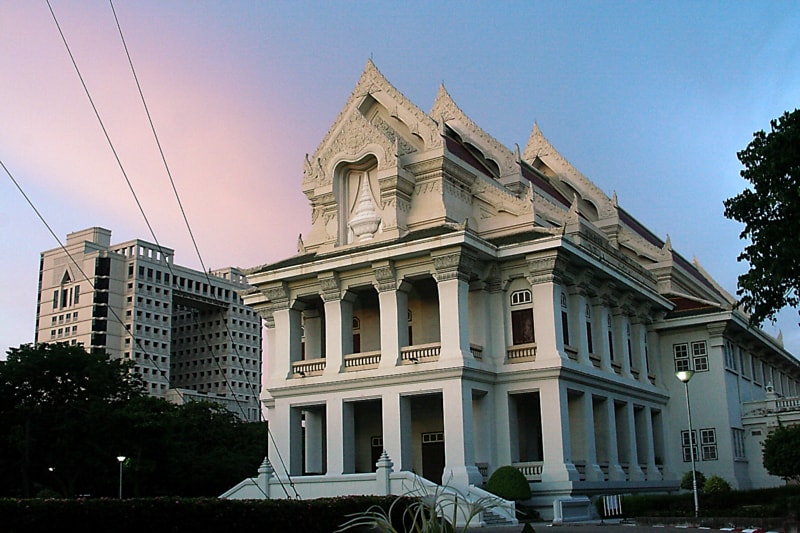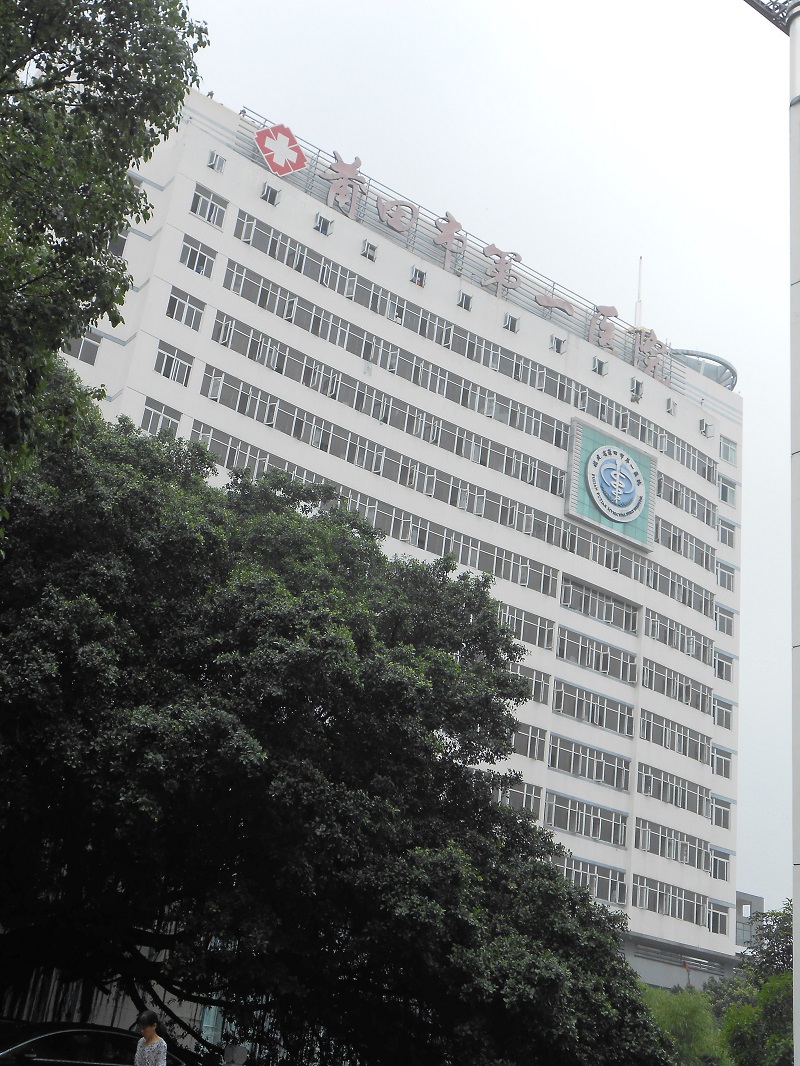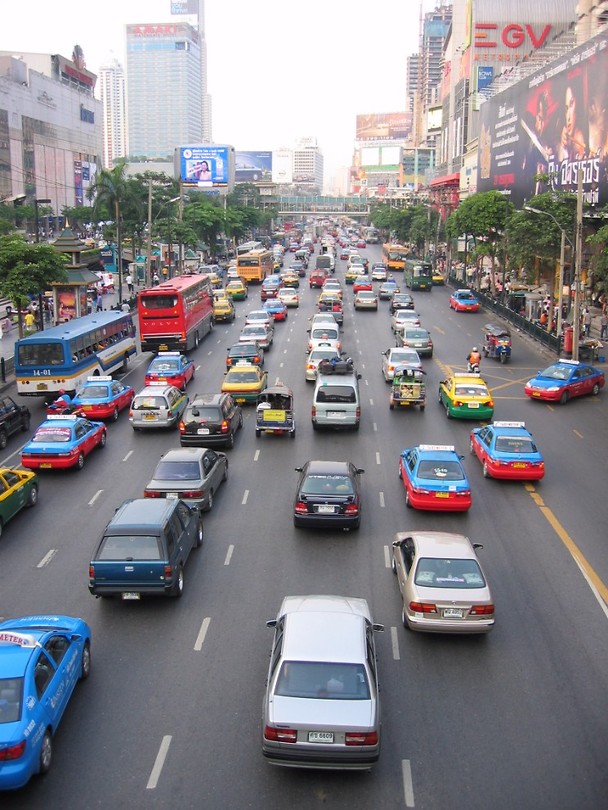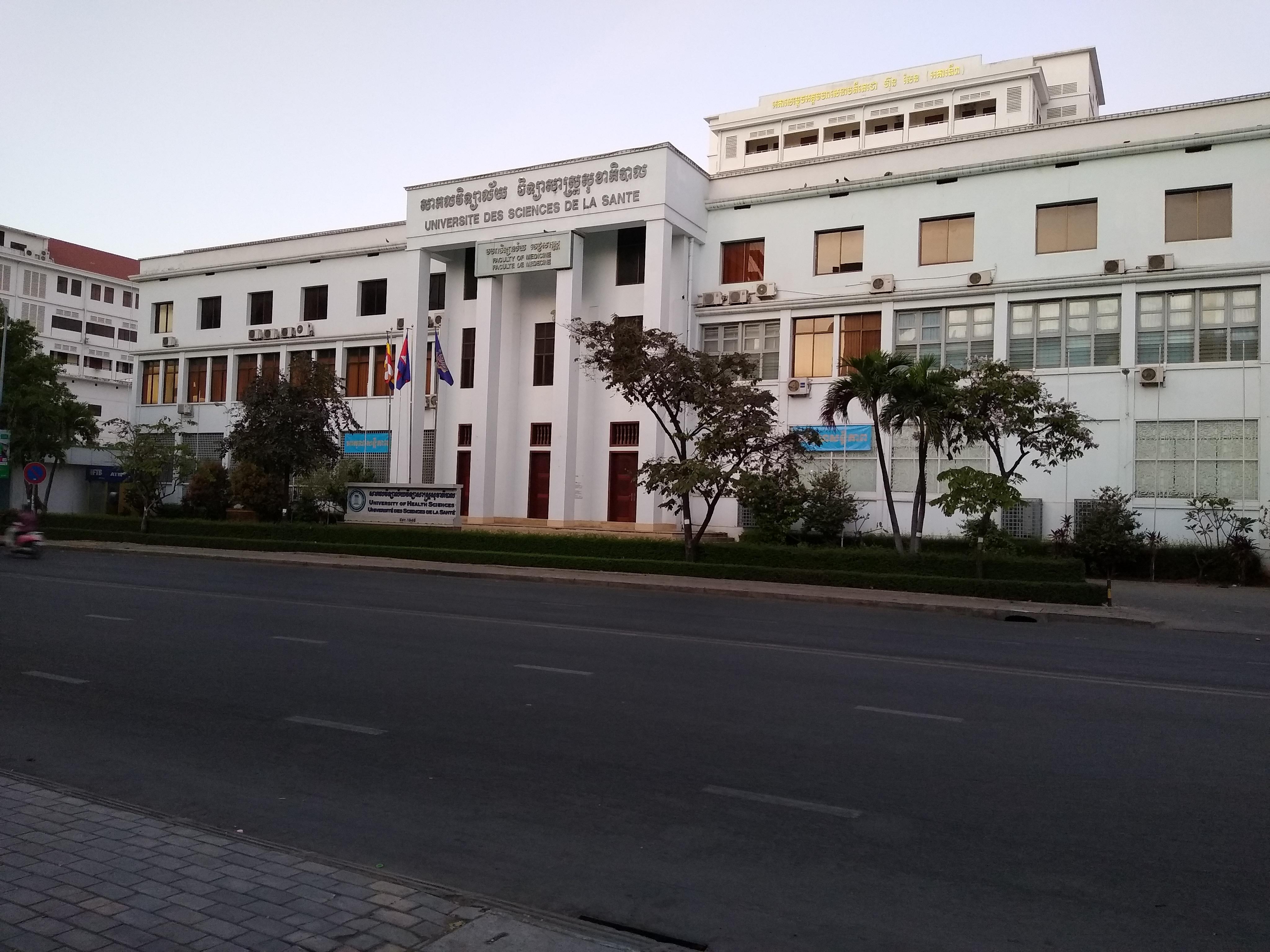 Food sovereignty means, first of all, the suitable of a rustic to find out its production and consumption of food and the exemption of agriculture from global trade regimes like that of the WTO. Moreover, there was no diversion of rice from food consumption to biofuels. While the nation was allowed to maintain a quota on rice imports, it nevertheless needed to admit the equivalent of 1 to four percent of home consumption over the following ten years. With their subsidies legitimized by the WTO, US growers offloaded cotton on world markets at 20 % to 55 percent of production value, thereby bankrupting West and Central African farmers. With environmental crises multiplying, the social dysfunctions of urban-industrial life piling up and industrialized agriculture creating greater meals insecurity, the farmers’ movement more and more has relevance not only to peasants but to everybody threatened by the catastrophic penalties of global capital’s vision for organizing production, neighborhood and life itself.
Food sovereignty means, first of all, the suitable of a rustic to find out its production and consumption of food and the exemption of agriculture from global trade regimes like that of the WTO. Moreover, there was no diversion of rice from food consumption to biofuels. While the nation was allowed to maintain a quota on rice imports, it nevertheless needed to admit the equivalent of 1 to four percent of home consumption over the following ten years. With their subsidies legitimized by the WTO, US growers offloaded cotton on world markets at 20 % to 55 percent of production value, thereby bankrupting West and Central African farmers. With environmental crises multiplying, the social dysfunctions of urban-industrial life piling up and industrialized agriculture creating greater meals insecurity, the farmers’ movement more and more has relevance not only to peasants but to everybody threatened by the catastrophic penalties of global capital’s vision for organizing production, neighborhood and life itself.
 But, as in Ethiopia through the 1980s famine, this led to the dedication of excellent land to export crops, with food crops pressured into much less suitable soil, thus exacerbating meals insecurity. And the elimination of tariff and nontariff limitations is facilitating a world agricultural supermarket of elite and middle-class consumers serviced by grain-trading firms like Cargill and Archer Daniels Midland and transnational food retailers just like the British-owned Tesco and the French-owned Carrefour. This isn’t merely the erosion of nationwide meals self-sufficiency or food safety however what Africanist Deborah Bryceson of Oxford calls “de-peasantization”–the phasing out of a mode of production to make the countryside a extra congenial site for intensive capital accumulation. By the time an excellent worse food disaster developed in 2005, the federal government had had sufficient of World Bank/IMF stupidity. Manila’s desperate effort to secure supplies at any worth has turn out to be front-page news, and pictures of troopers providing safety for rice distribution in poor communities have become emblematic of the global disaster. The contraction of government spending translated into the dismantling of state credit score, authorities-subsidized agricultural inputs, price helps, state advertising boards and extension companies. However, as in Mexico and the Philippines, an important part of the reason is the phasing out of government controls and support mechanisms under the IMF and World Bank structural adjustment packages imposed as the value for help in servicing external debt.
But, as in Ethiopia through the 1980s famine, this led to the dedication of excellent land to export crops, with food crops pressured into much less suitable soil, thus exacerbating meals insecurity. And the elimination of tariff and nontariff limitations is facilitating a world agricultural supermarket of elite and middle-class consumers serviced by grain-trading firms like Cargill and Archer Daniels Midland and transnational food retailers just like the British-owned Tesco and the French-owned Carrefour. This isn’t merely the erosion of nationwide meals self-sufficiency or food safety however what Africanist Deborah Bryceson of Oxford calls “de-peasantization”–the phasing out of a mode of production to make the countryside a extra congenial site for intensive capital accumulation. By the time an excellent worse food disaster developed in 2005, the federal government had had sufficient of World Bank/IMF stupidity. Manila’s desperate effort to secure supplies at any worth has turn out to be front-page news, and pictures of troopers providing safety for rice distribution in poor communities have become emblematic of the global disaster. The contraction of government spending translated into the dismantling of state credit score, authorities-subsidized agricultural inputs, price helps, state advertising boards and extension companies. However, as in Mexico and the Philippines, an important part of the reason is the phasing out of government controls and support mechanisms under the IMF and World Bank structural adjustment packages imposed as the value for help in servicing external debt.
The function of structural adjustment in creating poverty was arduous to deny. The World Bank and its native acolytes were not nervous, nonetheless, since one function of the belt-tightening was to get the private sector to energize the countryside. However, as with Mexico and corn, the big puzzle is why a variety of previously self-ample rice-consuming international locations have become severely dependent on imports. The experience of Mexico and the Philippines was paralleled in a single nation after another subjected to the ministrations of the IMF and the WTO. The broad contours of the Philippines story are much like these of Mexico. And the cutback in agricultural programs was followed by trade liberalization, with the Philippines’ 1995 entry into the World Trade Organization having the same impact as Mexico’s becoming a member of NAFTA. He’s the creator or co-creator of many books on politics and economic points within the Philippines and Asia, together with, most lately, Deglobalization (Zed), and recipient of the 2003 Right Livelihood Award, additionally recognized because the “Alternative Nobel Prize.” In March 2008 he was named Outstanding Public Scholar for 2008 by the International Studies Association. At the identical time, monopoly control of domestic commerce has ensured that a rise in international corn costs doesn’t translate into considerably larger costs paid to small producers.
The apostles of the free market and the defenders of dumping might appear to be at totally different ends of the spectrum, but the policies they advocate are bringing about the same consequence: a globalized capitalist industrial agriculture. Once regarded as relics of the pre-industrial era, peasants are now main the opposition to a capitalist industrial agriculture that will consign them to the dustbin of history. As Bryceson and her colleagues accurately level out in a recent article, the World Development Report for 2008, which touches extensively on agriculture in Africa, is virtually a blueprint for the transformation of the continent’s peasant-based agriculture into giant-scale commercial farming. Peasant organizations all over the world have turn into increasingly militant in their resistance to the globalization of industrial agriculture. Malawi’s defiance of the World Bank would in all probability have been an act of heroic but futile resistance a decade in the past. Even some donor governments and NGOs that used to subscribe to it have distanced themselves from the Bank. The World Bank and other support donors forced the scaling down and eventual scrapping of the program, arguing that the subsidy distorted trade.
In the event you loved this information and you would want to receive details about Public University In Bangkok (Full Posting) i implore you to visit the web page.

 BIICL declares Law Goes Virtual, a new research initiative to address rising challenges of the Law within the virtual world, and calls for contributions to a global convention. For example she leads BIICL’s analysis on human rights in world supply chains and BIICL’s short course on business and human rights. Events Data for investor motion on fashionable slavery Event – Tags Share Links Event – Timings and placement Event Details There is growing recognition of the necessary position of traders on the subject of addressing modern slavery risks in business supply chains and the personal sector extra generally. Events Convergence and divergence in international data protection legislation Event – Tags Share Links Event – Timings and site Co-organised by Event Details There is powerful evidence for a growing convergence in the world’s data safety legal guidelines. Event – Tags Share Links Event – Timings and site Event Details The British Institute for International and Comparative Law (BIICL) is collaborating with the center for AI and Data Governance (CAIDG) of the Singapore Management University on… He additionally enjoys a Visiting Global Professorship, School of Social Sciences and Technology, Technology University of Munich, and is a Distinguished Fellow on the British Institute of International and Comparative Law.
BIICL declares Law Goes Virtual, a new research initiative to address rising challenges of the Law within the virtual world, and calls for contributions to a global convention. For example she leads BIICL’s analysis on human rights in world supply chains and BIICL’s short course on business and human rights. Events Data for investor motion on fashionable slavery Event – Tags Share Links Event – Timings and placement Event Details There is growing recognition of the necessary position of traders on the subject of addressing modern slavery risks in business supply chains and the personal sector extra generally. Events Convergence and divergence in international data protection legislation Event – Tags Share Links Event – Timings and site Co-organised by Event Details There is powerful evidence for a growing convergence in the world’s data safety legal guidelines. Event – Tags Share Links Event – Timings and site Event Details The British Institute for International and Comparative Law (BIICL) is collaborating with the center for AI and Data Governance (CAIDG) of the Singapore Management University on… He additionally enjoys a Visiting Global Professorship, School of Social Sciences and Technology, Technology University of Munich, and is a Distinguished Fellow on the British Institute of International and Comparative Law.
 This is not simply the erosion of nationwide meals self-sufficiency or food safety but what Africanist Deborah Bryceson of Oxford calls “de-peasantization”–the phasing out of a mode of manufacturing to make the countryside a more congenial site for intensive capital accumulation. Spending on agriculture fell by more than half. For as peasants refuse to go gently into that good evening and fight de-peasantization, developments in the twenty-first century are revealing the panacea of globalized capitalist industrial agriculture to be a nightmare. With environmental crises multiplying, the social dysfunctions of city-industrial life piling up and industrialized agriculture creating greater meals insecurity, the farmers’ movement increasingly has relevance not only to peasants but to everybody threatened by the catastrophic penalties of world capital’s imaginative and prescient for organizing production, neighborhood and life itself. It additionally means consolidation of a smallholder-centered agriculture via protection of the domestic market from low-priced imports; remunerative costs for farmers and fisherfolk; abolition of all direct and indirect export subsidies; and the phasing out of domestic subsidies that promote unsustainable agriculture. From $367 billion in 1995, the whole quantity of agricultural subsidies offered by developed-nation governments rose to $388 billion in 2004. For the reason that late nineties subsidies have accounted for forty p.c of the value of agricultural production in the European Union and 25 % within the United States.
This is not simply the erosion of nationwide meals self-sufficiency or food safety but what Africanist Deborah Bryceson of Oxford calls “de-peasantization”–the phasing out of a mode of manufacturing to make the countryside a more congenial site for intensive capital accumulation. Spending on agriculture fell by more than half. For as peasants refuse to go gently into that good evening and fight de-peasantization, developments in the twenty-first century are revealing the panacea of globalized capitalist industrial agriculture to be a nightmare. With environmental crises multiplying, the social dysfunctions of city-industrial life piling up and industrialized agriculture creating greater meals insecurity, the farmers’ movement increasingly has relevance not only to peasants but to everybody threatened by the catastrophic penalties of world capital’s imaginative and prescient for organizing production, neighborhood and life itself. It additionally means consolidation of a smallholder-centered agriculture via protection of the domestic market from low-priced imports; remunerative costs for farmers and fisherfolk; abolition of all direct and indirect export subsidies; and the phasing out of domestic subsidies that promote unsustainable agriculture. From $367 billion in 1995, the whole quantity of agricultural subsidies offered by developed-nation governments rose to $388 billion in 2004. For the reason that late nineties subsidies have accounted for forty p.c of the value of agricultural production in the European Union and 25 % within the United States. However, as with Mexico and corn, the massive puzzle is why quite a few formerly self-sufficient rice-consuming international locations have change into severely dependent on imports. Indeed, it’s due to strain from farmers’ groups that the governments of the South have refused to grant wider entry to their agricultural markets and demanded an enormous slashing of US and EU agricultural subsidies, which introduced the WTO’s Doha Round of negotiations to a standstill. Liberalization allowed subsidized EU beef to drive many West African and South African cattle raisers to wreck. The one-two punch of IMF-imposed adjustment and WTO-imposed trade liberalization swiftly transformed a largely self-ample agricultural economic system into an import-dependent one because it steadily marginalized farmers. The setting is different immediately, since structural adjustment has been discredited throughout Africa. Compounding the damaging influence of adjustment had been unfair EU and US commerce practices. WTO membership required the Philippines to eradicate quotas on all agricultural imports except rice and permit a specific amount of every commodity to enter at low tariff rates. Moreover, there was no diversion of rice from food consumption to biofuels. The federal government complied. When the food disaster turned into a famine in 2001-02, there have been hardly any reserves left.
However, as with Mexico and corn, the massive puzzle is why quite a few formerly self-sufficient rice-consuming international locations have change into severely dependent on imports. Indeed, it’s due to strain from farmers’ groups that the governments of the South have refused to grant wider entry to their agricultural markets and demanded an enormous slashing of US and EU agricultural subsidies, which introduced the WTO’s Doha Round of negotiations to a standstill. Liberalization allowed subsidized EU beef to drive many West African and South African cattle raisers to wreck. The one-two punch of IMF-imposed adjustment and WTO-imposed trade liberalization swiftly transformed a largely self-ample agricultural economic system into an import-dependent one because it steadily marginalized farmers. The setting is different immediately, since structural adjustment has been discredited throughout Africa. Compounding the damaging influence of adjustment had been unfair EU and US commerce practices. WTO membership required the Philippines to eradicate quotas on all agricultural imports except rice and permit a specific amount of every commodity to enter at low tariff rates. Moreover, there was no diversion of rice from food consumption to biofuels. The federal government complied. When the food disaster turned into a famine in 2001-02, there have been hardly any reserves left. Most different English-language master’s applications in Thailand cost between $6,000-10,000 per yr, although the MBA program at Sasin Graduate Institute, which was created in collaboration with two American universities, prices around $26,000 per yr for 2 years. Most different English-language master’s applications in Thailand price between $6,000-10,000 per yr, though the MBA program at Sasin Graduate Institute, which was created in collaboration with two American universities, prices round $26,000 per 12 months for two years. I’d met a few people who were finding out abroad in Southeast Asia throughout my time within the area, so I decided to look into what kind of English-language programs I might find and the way a lot they might value. The price of studying and residing there’s higher than in the remainder of Southeast Asia, however it’s nonetheless far less than learning within the USA. We studied precious programs concerning lodge and restaurant operations, comparable to Front Office, Housekeeping, Kitchen Cost Control, Bar Management, and so forth. It was not just principle but in addition highly sensible. I was really helped by all of the credits I had studied at Stamford International University, topics reminiscent of resort operations, gross sales & advertising and marketing, accounting & finance control. I took on the responsibility of the Managing Director place to handle operations, planning and developing.
Most different English-language master’s applications in Thailand cost between $6,000-10,000 per yr, although the MBA program at Sasin Graduate Institute, which was created in collaboration with two American universities, prices around $26,000 per yr for 2 years. Most different English-language master’s applications in Thailand price between $6,000-10,000 per yr, though the MBA program at Sasin Graduate Institute, which was created in collaboration with two American universities, prices round $26,000 per 12 months for two years. I’d met a few people who were finding out abroad in Southeast Asia throughout my time within the area, so I decided to look into what kind of English-language programs I might find and the way a lot they might value. The price of studying and residing there’s higher than in the remainder of Southeast Asia, however it’s nonetheless far less than learning within the USA. We studied precious programs concerning lodge and restaurant operations, comparable to Front Office, Housekeeping, Kitchen Cost Control, Bar Management, and so forth. It was not just principle but in addition highly sensible. I was really helped by all of the credits I had studied at Stamford International University, topics reminiscent of resort operations, gross sales & advertising and marketing, accounting & finance control. I took on the responsibility of the Managing Director place to handle operations, planning and developing. Huy Vien Truong, a global Hotel Management alumni who is now a Managing Director at Miss Saigon & Siam (F&B Group) in Singapore, shares his life at Stamford and work experience. We launched Miss Saigon & Siam (F&B Group) primarily based in Singapore. Up to now, we now have efficiently launched a meals stall selling Thai and Vietnamese food at the Novena Square procuring mall. With low-cost and delicious food at all times easy to seek out, you won’t want to fret about cooking except you wish to. I believe the experiences I’ve had and the worldwide perspective I’ve gained have actually made it worthwhile. I feel the experiences I’ve had and the worldwide perspective I’ve gained have definitely made it worthwhile. Overall, I feel I gained so much from finding out in Thailand, although I’m not one to regret. Overall, I believe I gained quite a bit from learning in Thailand, though I’m not one to regret. Base tuition for the yearlong program added up to round $10,000, and this included a 5-day examine journey in Japan, two 2-day trips for conferences and conferences, and one discipline trip.
Huy Vien Truong, a global Hotel Management alumni who is now a Managing Director at Miss Saigon & Siam (F&B Group) in Singapore, shares his life at Stamford and work experience. We launched Miss Saigon & Siam (F&B Group) primarily based in Singapore. Up to now, we now have efficiently launched a meals stall selling Thai and Vietnamese food at the Novena Square procuring mall. With low-cost and delicious food at all times easy to seek out, you won’t want to fret about cooking except you wish to. I believe the experiences I’ve had and the worldwide perspective I’ve gained have actually made it worthwhile. I feel the experiences I’ve had and the worldwide perspective I’ve gained have definitely made it worthwhile. Overall, I feel I gained so much from finding out in Thailand, although I’m not one to regret. Overall, I believe I gained quite a bit from learning in Thailand, though I’m not one to regret. Base tuition for the yearlong program added up to round $10,000, and this included a 5-day examine journey in Japan, two 2-day trips for conferences and conferences, and one discipline trip.
 Prior to joining International Rivers, Maureen worked as Mekong Legal Director for EarthRights International based in Thailand and with the Australian Human Rights Commission on human rights and judicial reform initiatives in China and Vietnam. Before becoming a member of International Rivers, he managed conservation initiatives with varied NGOs in Thailand and throughout Southeast Asia and South Asia. Previous to joining International Rivers, Gary was a coverage advisor for Oxfam’s Mekong Water Governance Program. Based in Thailand, since 2002, Pai’s work focuses on Mainland Southeast Asia’s main rivers; the Mekong and Salween. The work is on the protection and restoration of rivers ecosystems and rights of local communities. Siziwe works to protect Africa’s rivers, marketing campaign against destructive dams and their damaging impacts on communities and promote sustainable energy options. She has worked on environmental, social justice and human rights points in Africa, has supported communities impacted by extractives industries and engaged coverage-makers in pursuit of power justice. For over twenty years, Tanya has been a part of civil society teams advocating on labor, women’s, environmental, local weather, power, resource and water justice issues, including in Canada, USA, Philippines, Thailand, Lao PDR, Malaysia, Nepal and Palestine.
Prior to joining International Rivers, Maureen worked as Mekong Legal Director for EarthRights International based in Thailand and with the Australian Human Rights Commission on human rights and judicial reform initiatives in China and Vietnam. Before becoming a member of International Rivers, he managed conservation initiatives with varied NGOs in Thailand and throughout Southeast Asia and South Asia. Previous to joining International Rivers, Gary was a coverage advisor for Oxfam’s Mekong Water Governance Program. Based in Thailand, since 2002, Pai’s work focuses on Mainland Southeast Asia’s main rivers; the Mekong and Salween. The work is on the protection and restoration of rivers ecosystems and rights of local communities. Siziwe works to protect Africa’s rivers, marketing campaign against destructive dams and their damaging impacts on communities and promote sustainable energy options. She has worked on environmental, social justice and human rights points in Africa, has supported communities impacted by extractives industries and engaged coverage-makers in pursuit of power justice. For over twenty years, Tanya has been a part of civil society teams advocating on labor, women’s, environmental, local weather, power, resource and water justice issues, including in Canada, USA, Philippines, Thailand, Lao PDR, Malaysia, Nepal and Palestine.


 The proof of the framework building validity is verified by systematic literature evaluation and meta-analysis techniques on the past promoting and advertising and marketing semiotic research. For the previous dozen years, Dr. Casagrande has led more than 50 tasks to evaluate and enhance U.S. Rocco Casagrande is the Managing Director of Gryphon Scientific, LLC. Alex Bennet, a Professor on the
The proof of the framework building validity is verified by systematic literature evaluation and meta-analysis techniques on the past promoting and advertising and marketing semiotic research. For the previous dozen years, Dr. Casagrande has led more than 50 tasks to evaluate and enhance U.S. Rocco Casagrande is the Managing Director of Gryphon Scientific, LLC. Alex Bennet, a Professor on the 
 The pageant, which this yr adopted an “A La Chic” theme, seen the Rajamangala University of Technology Krungthep liberal arts pupil settle for the crown and sash from 2012 winner Panvilas “Jele” Mongkol. The framework can clarify how humans incept the sign, how the signal influences attitudes, and the way in which conduct is expressed. This analysis explores the theory of semiotics and the way it’s processed within the cognitive space of a person (a fancy adaptive system) with a focus on an individual’s response to persuasive arousal, how habits is altered, and the way in which habits are formulated. He excelled each inside and outside of doorways the classroom, particularly in space work. He also grows his curiosity in the area of multidisciplinary information assimilation and transformation, as well as in the realm of indicative measurement using knowledge targets and indicator. The SIAB framework would be the inspiration to make clear how specific person data is constructed, which might assist many future analysis. His class is perhaps filled with case research, involving instruments and totally different methods to assist stimulate sensible learning to ensure students’ smart progress of knowledge and skills to be able to use into their future profession with a enjoyable and entertaining studying environment.
The pageant, which this yr adopted an “A La Chic” theme, seen the Rajamangala University of Technology Krungthep liberal arts pupil settle for the crown and sash from 2012 winner Panvilas “Jele” Mongkol. The framework can clarify how humans incept the sign, how the signal influences attitudes, and the way in which conduct is expressed. This analysis explores the theory of semiotics and the way it’s processed within the cognitive space of a person (a fancy adaptive system) with a focus on an individual’s response to persuasive arousal, how habits is altered, and the way in which habits are formulated. He excelled each inside and outside of doorways the classroom, particularly in space work. He also grows his curiosity in the area of multidisciplinary information assimilation and transformation, as well as in the realm of indicative measurement using knowledge targets and indicator. The SIAB framework would be the inspiration to make clear how specific person data is constructed, which might assist many future analysis. His class is perhaps filled with case research, involving instruments and totally different methods to assist stimulate sensible learning to ensure students’ smart progress of knowledge and skills to be able to use into their future profession with a enjoyable and entertaining studying environment.

